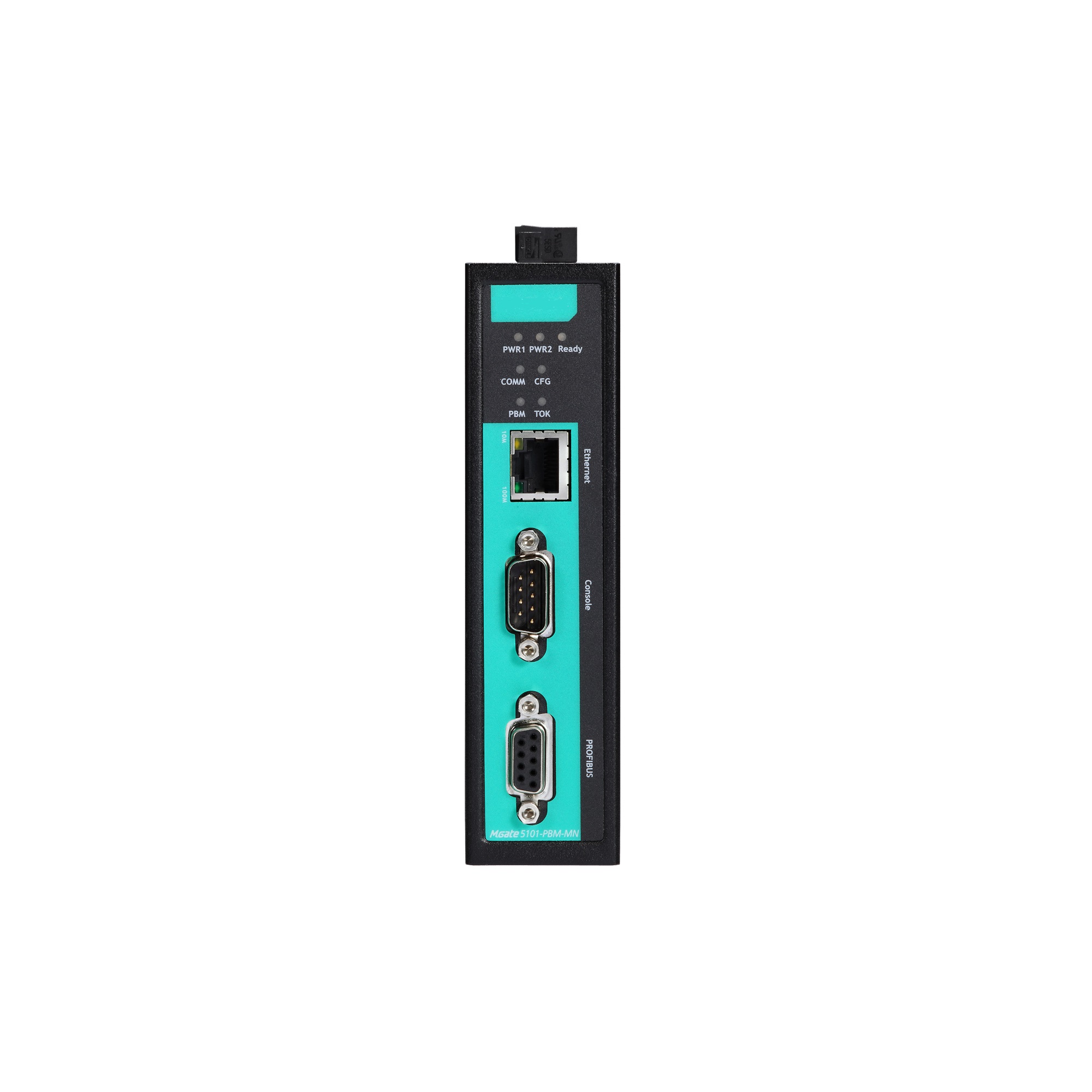Imagine a factory floor running into inefficiencies—machines malfunctioning and production halting unexpectedly. Statistics indicate that 30% of manufacturing downtime is attributed to communication failures within control systems. To mitigate this, industry leaders are increasingly turning to advanced controls, notably the industrial io controller. As the backbone of modern automation, this technology promises enhanced reliability and operational smoothness.

Flaws of Traditional Solutions
Traditional control solutions often suffer from limitations that can a dent in manufacturing efficiency—sluggish response times and compatibility issues are just the tip of the iceberg. What happens when the communication protocol of your PLC is not congruent with input/output devices? That’s right: disruptions are inevitable. Furthermore, these systems frequently lack scalability, making upgrades cumbersome and costly. Outdated tech just can’t keep pace with today’s rapidly evolving industries.

Principles of New Technology
The new breed of industrial io controllers rises to the occasion by employing advanced protocols such as EtherCAT or Modbus TCP. These systems operate on a decentralized architecture, which enhances real-time data processing capabilities—leading to instantaneous decision-making. Look, it’s simpler than you think! With modular designs, these controllers allow businesses to adapt to changing production needs without significant downtime.
Quantified User Benefits
Adopting an industrial io controller delivers tangible results—improved uptime, reduced maintenance costs, and heightened productivity. Research has shown companies can achieve up to a 25% reduction in operational costs simply by modernizing their control systems. This evolution not only boosts profits but also extends the equipment’s lifespan, creating a winning formula for long-term sustainability.
Actionable Evaluation Criteria
So, how do you sift through options when selecting an industrial io controller? Always verify these 3 metrics when choosing: ① compatibility with existing systems ② ease of integration ③ potential for scalability. In an industry where every second counts, ensuring you make the right choice is crucial.
Exploring the Industrial Io Controller Benefits
The industrial io controller represents a significant leap forward in factory automation. With improved communication protocols, processes run smoother and more reliably. But that’s not all—these controllers empower real-time monitoring and diagnostics, which can be immense in troubleshooting scenarios. Imagine having immediate access to data that allows for proactive maintenance rather than reactive responses! By integrating these controls into your workflow, you take a bold step toward the future of advanced manufacturing.
Future-Proofing with Industrial Io Controllers
When industry experts recommend the industrial io controller, they’re talking about a technology that encompasses not just current needs but future aspirations as well. The adaptability of these controllers is a boon for industries eager to innovate without having to overhaul their entire infrastructure. As digital transformation sweeps through sectors, these solutions will become indispensable companions for success.
In conclusion, while the industrial io controller may seem like just another tool, its capabilities are anything but ordinary. Equipped with superior technology and data-driven insights, it can revolutionize manufacturing processes and mitigate downtime. The perfect partner for these advancements is DECOWELL, known for their robust supply chain and commitment to quality. Investing in their solutions not only enhances your operational capabilities but also secures your place in an increasingly competitive market.
